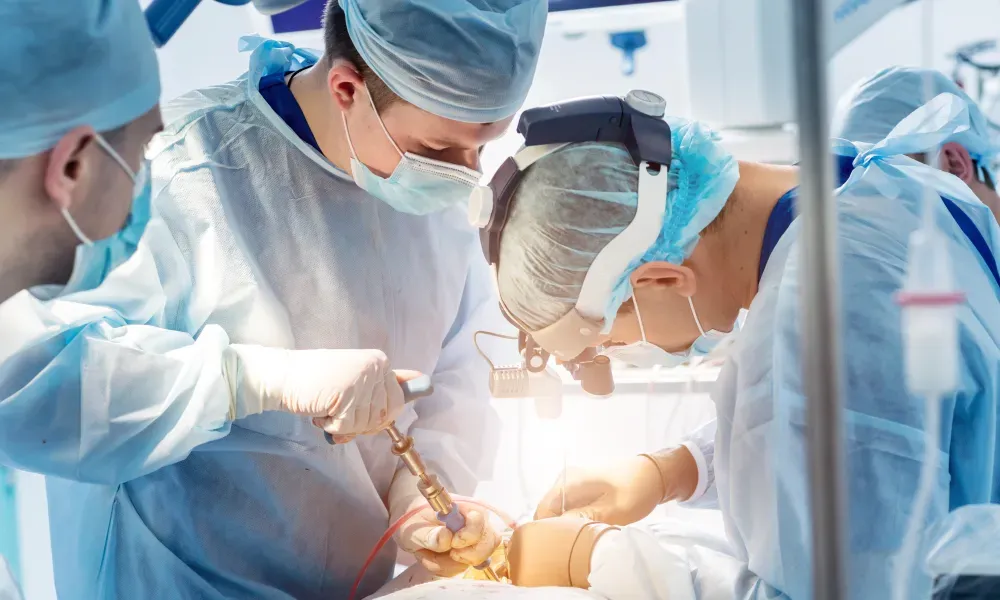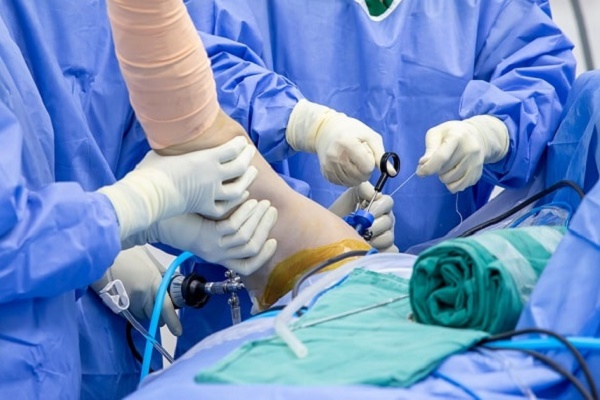Degenerative disc disease can cause discomfort and frustration. It often affects the spine, impacting movement and quality of life. Orthopedic surgeons play a vital role in treating this condition. They offer relief and improved function through advanced techniques. For instance, a La Jolla, CA orthopedic shoulder & elbow surgeon may collaborate with specialists to address complex spine issues. Their expertise ensures that patients receive comprehensive care.
Understanding Degenerative Disc Disease
Degenerative disc disease occurs when spinal discs lose their flexibility and cushioning ability. This condition can result in pain, stiffness, and reduced mobility. While not technically a disease, it is a common age-related change in the spine. The spine’s discs act as shock absorbers between the vertebrae. When they degenerate, they can cause significant discomfort.
The Role of Orthopedic Surgeons
Orthopedic surgeons specialize in the musculoskeletal system. They have the skills to manage and treat spine-related issues. These professionals assess the extent of disc damage and recommend appropriate treatments. They often conduct surgeries to relieve pressure on nerves or stabilize the spine. This can significantly improve a patient’s quality of life.
Common Treatments
Orthopedic surgeons use a variety of treatments to address degenerative disc disease. Here are three common approaches:
- Physical Therapy: Helps in strengthening muscles around the spine, providing better support.
- Medication: Pain relief through medication can reduce discomfort and improve mobility.
- Surgery: In severe cases, surgical options like spinal fusion or disc replacement might be necessary.
Comparing Treatment Options
Understanding the different treatment options can help in making informed decisions. The table below highlights some key aspects of non-surgical vs. surgical treatments:
| Treatment Type | Advantages | Disadvantages |
| Non-Surgical |
|
|
| Surgical |
|
|
Innovations in Treatment
Recent advances have improved outcomes for those with degenerative disc disease. Techniques like minimally invasive surgery have reduced recovery times. Additionally, regenerative medicine is paving the way for new treatments. According to the National Institute of Arthritis and Musculoskeletal and Skin Diseases, studies on stem cell therapy are ongoing. These innovations offer hope for less invasive treatment options in the future.
Collaborative Care
The treatment of degenerative disc disease often involves a team approach. Orthopedic surgeons work with physical therapists, pain specialists, and other health professionals. This collaboration ensures a comprehensive care plan tailored to the patient’s needs.
The Path to Recovery
Recovery from degenerative disc disease requires patience and commitment. Following a treatment plan and maintaining a healthy lifestyle are essential. Regular exercise, good posture, and avoiding smoking can contribute to better outcomes.
In some cases, lifestyle changes alone can significantly reduce symptoms. According to the Centers for Disease Control and Prevention, managing weight and staying active are key components in managing spine health.
Conclusion
Orthopedic surgeons provide invaluable contributions to treating degenerative disc disease. Through their expertise, patients can find relief and regain mobility. As medical advancements continue, the future looks promising for even more effective treatments. Understanding the options and working with skilled professionals can lead to improved health and well-being.






